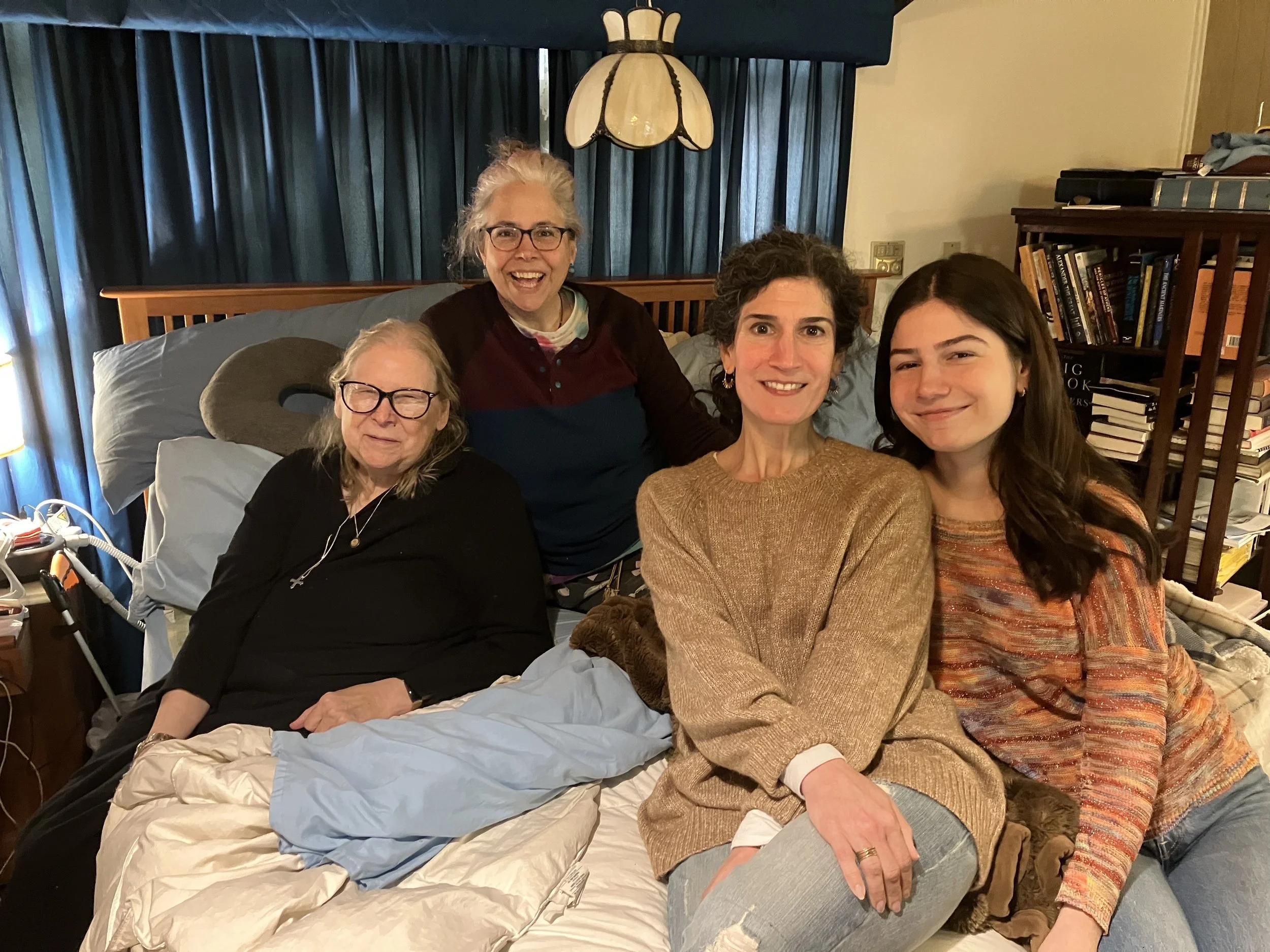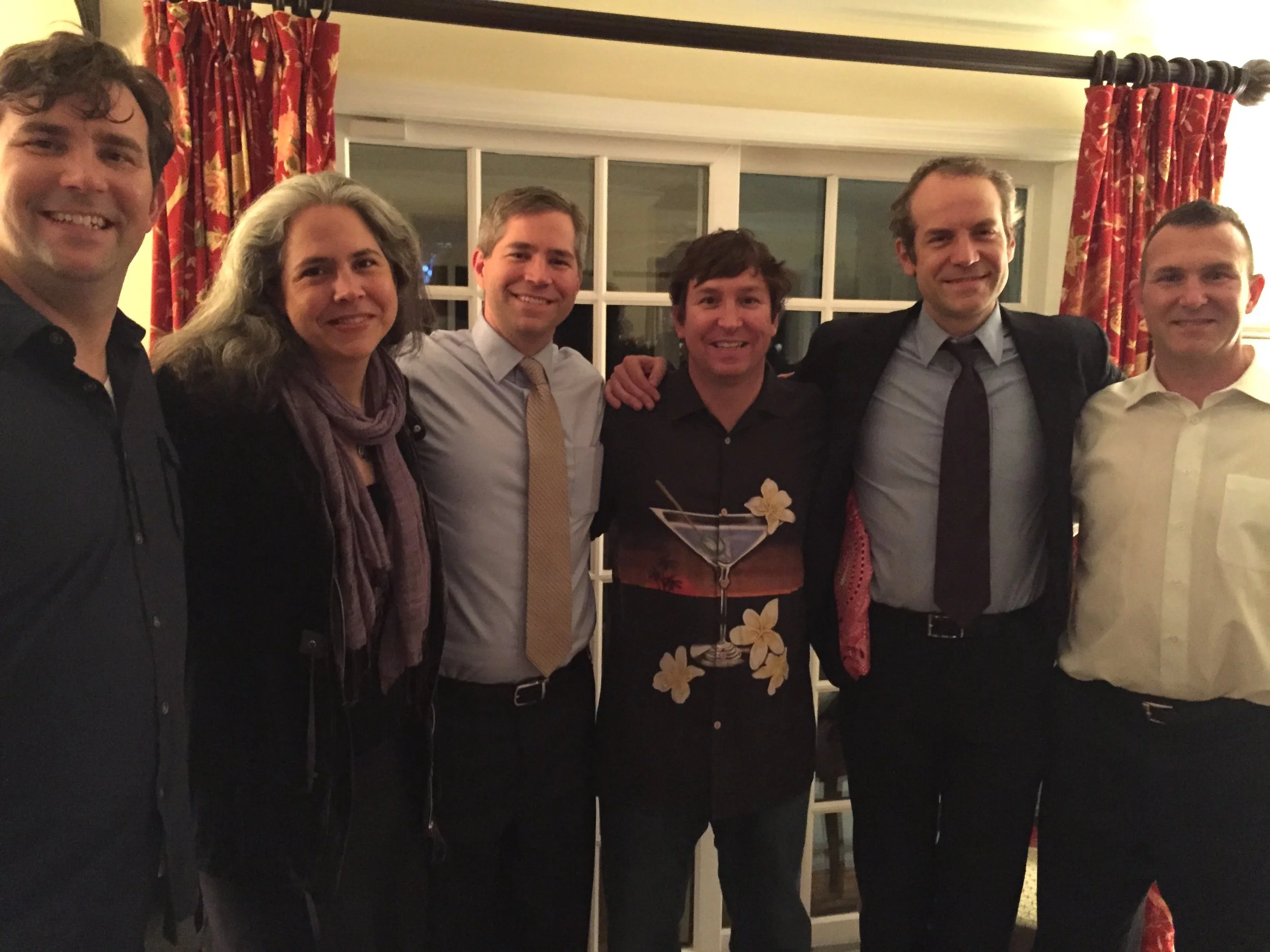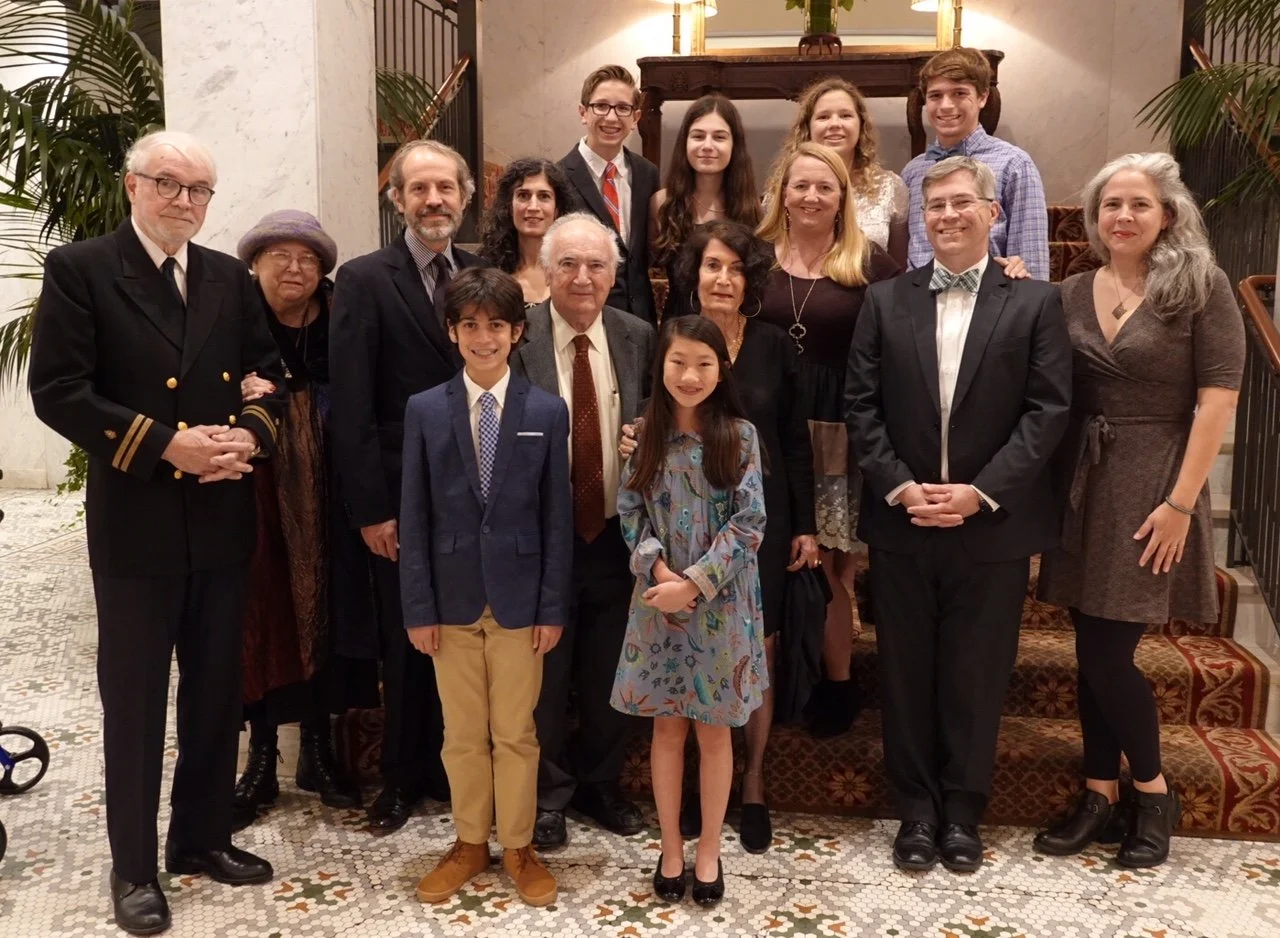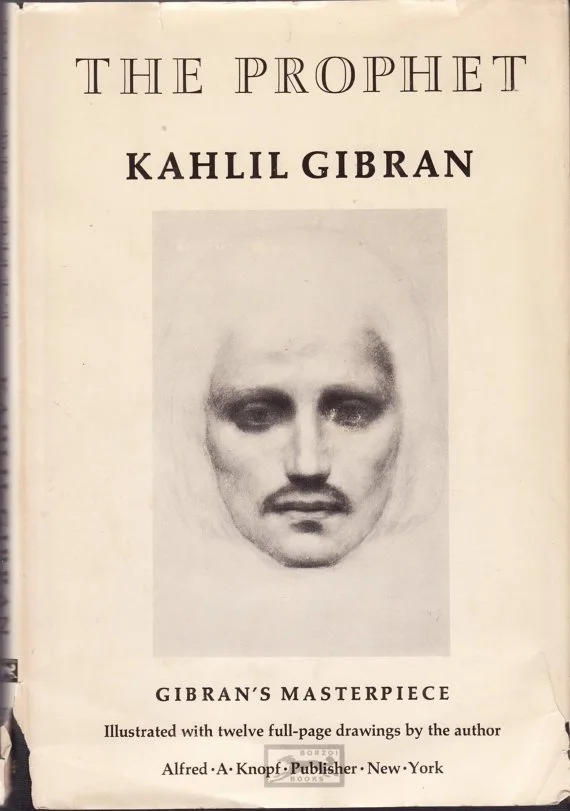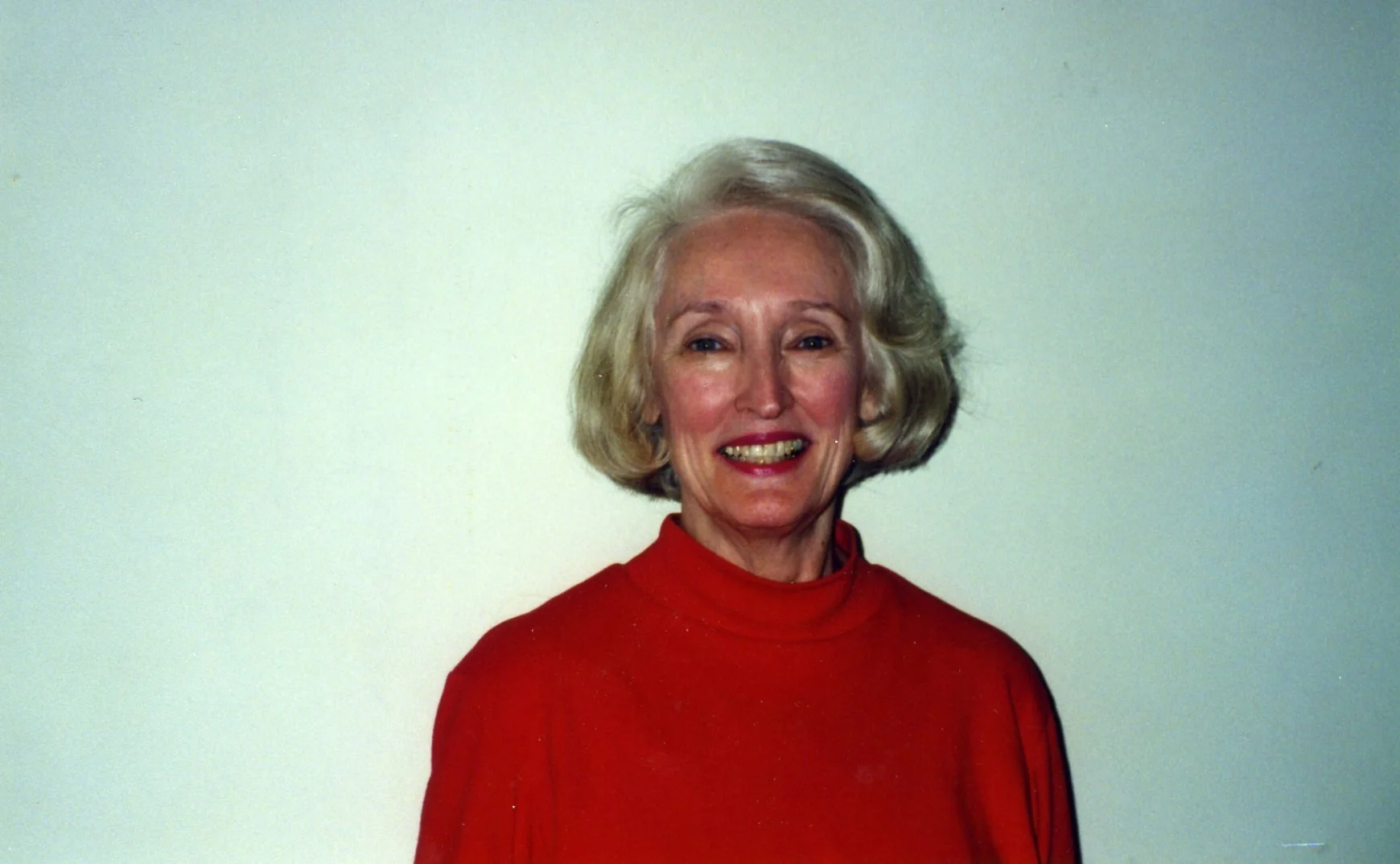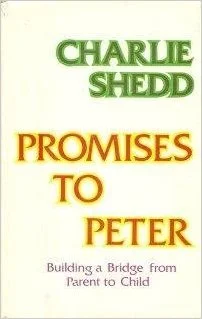Rohr: Forgiveness
heavy burden of resentment
“As long as you can deal with evil by some means other than forgiveness, you will keep projecting, fearing, and attacking it over there, instead of ‘gazing’ on it within and ‘weeping’ over it within yourself and all of us. Forgiveness demands three new simultaneous ‘seeings’: I must see God in the other; I must access God in myself; and I must experience God in a new way that is larger than an ‘Enforcer.’”—Adapted from Richard Rohr’s Things Hidden: Scripture as Spirituality (Franciscan Media, 2008), pp. 193-194.
Richard Rohr is teaching us fundamental lessons about forgiveness. It involves seeing the Christ—God in the person we are forgiving, and seeing God or Christ in ourselves. That makes sense. However, Rohr then introduces a third condition. We see that God is not a hall monitor, handing out detention slips, checking a list, looking at our every action, and judging whether our neighbors and we behave correctly.
My experience is that we are called to enlarge our concept of God as a God of love. How do we do this? First, we place ourselves with others who seem to experience God’s love. Second, we observe how they know how to forgive others.
As we see the Christ in others who know love, the God of love, the Christ in us awakens—and slowly, often very slowly, we also begin to see the Christ in those who have harmed us. We may discover that personal tragedies have led them to hurt others. This awareness starts as we pray daily, sometimes hourly, for the person who has harmed us.
We realize we are still carrying around a heavy load of resentment, which makes it so challenging to live and walk on our journey through life. It is like a cancer, slowly destroying the joy in our lives. That person is still hurting us. They are becoming our higher power, our God. More and more, they are all we can think about.
As we pray daily for that person, they may never change, but my experience is that we will.
Joanna. https://www.joannaseibert.com/

